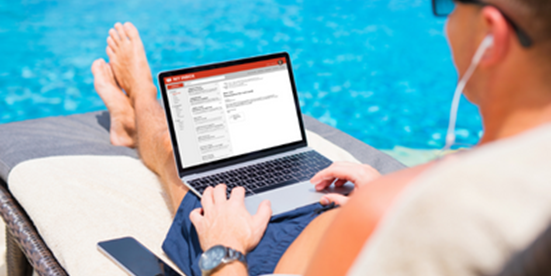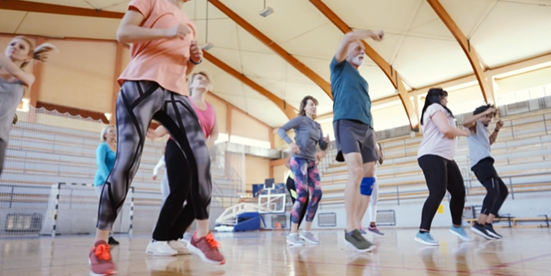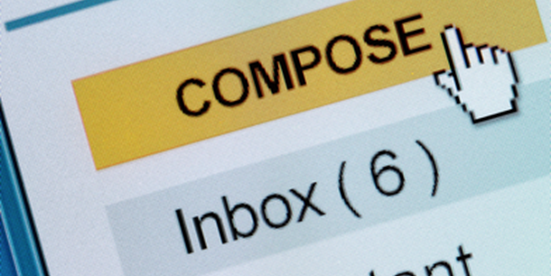e-Filing of EDF 2024/2025
28 Jul 2024
Pension is paid by latest 26th of each month
Payslips are sent by email on a monthly basis. In case, you do not have an email address, kindly visit our office along with your National Identity Card (NID) and you shall be provided with a copy of the payslip
For Online Submission of EDF Forms, kindly quote the following information - 'STATE INSURANCE COMPANY OF MAURITIU - 03161838' as Name of Employer and '03161838' as Employer Registration Number (ERN). For more details, visit www.mra.mu
In such unfortunate event, your family member will be required to submit death certificate, , certificate of cause of death, Affidavit, etc for necessary procedures. The case will be referred to our administration section up with documents.
Email us at [email protected] or visit our office to complete the required form, along with the required documents such as proof of address, bank details etc
Simpy email us at [email protected] with a mention of your National Identity Card No (NID) and your Pension Number

04 Jul 2022
How to Set Up a Gmail and Google Account?

21 Jun 2022
30 Minute Senior Zumba Cardio Workout

11 Apr 2022
How to compose an email and save a draft?
Preventive measures against Fire
Preventive measures against break-ins
How to Pack?
Getting ready for your trip
Covid-19
8924
SAMU
114
Police
999
CWA
170
CEB
130
Protection Unit
199 / 172
Domestic Violence
139
Consumer Protection Unit
185